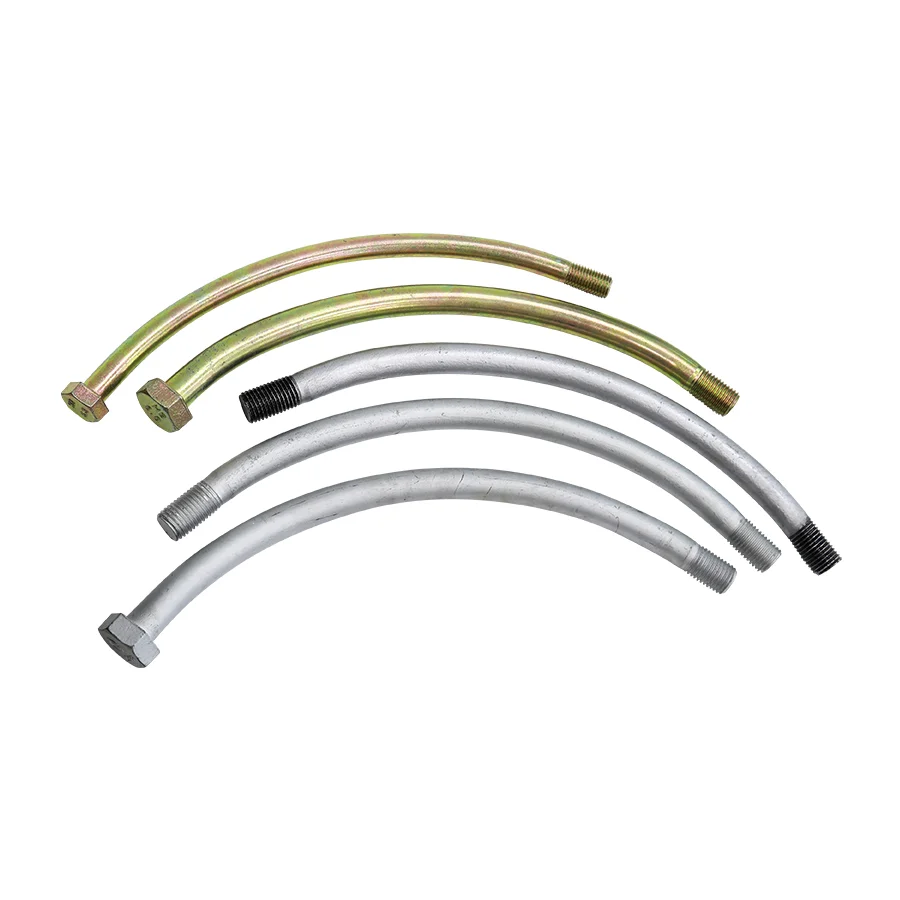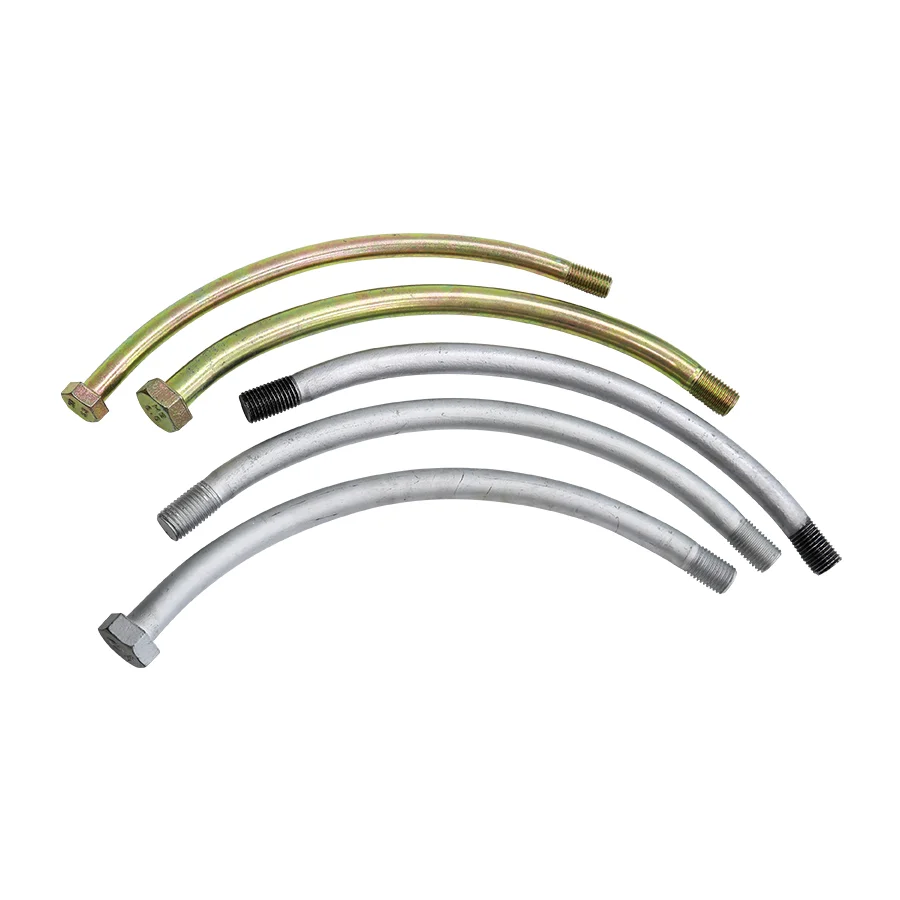Tunnel construction and maintenance present unique challenges, particularly in ensuring the structural integrity and safety of these underground passages. Among the various techniques employed to fortify tunnels, the use of tunnel bolts has gained significant prominence. These anchors are typically made of high-strength steel and can withstand the immense pressure from the surrounding rock and soil, preventing tunnel collapse or deformation. Tunnel bolts are a crucial technology in tunnel engineering, significantly improving the safety and efficiency of tunnel construction.

Applications of Tunnel Bolts
1. Reinforcement of Tunnel Linings
Tunnel bolts are extensively used to reinforce tunnel linings, providing additional strength to withstand geological pressures and potential seismic activities. By installing bolts at strategic points within the tunnel lining, engineers can ensure that the tunnel structure remains stable, reducing the risk of collapses or structural failures.
2. Ground Stabilization
In weak or fractured rock formations, tunnel bolts play a pivotal role in stabilizing the surrounding ground. By anchoring into competent rock strata, these bolts transfer loads from unstable areas to more stable zones, thus preventing rock falls and maintaining a safe working environment.
3. Control of Water Infiltration
Water infiltration is a common issue in tunnel construction, which can lead to seepage, erosion, and potential structural damage. Tunnel bolts, particularly when combined with waterproofing membranes, help seal cracks and joints, minimizing water ingress and preserving the long-term durability of the tunnel.
4. Temporary Support Systems
During excavation, temporary support systems using tunnel bolts are crucial to maintain stability until permanent linings are installed. These bolts provide immediate reinforcement, allowing construction work to proceed safely and efficiently.
Advantages of Tunnel Bolts
1. Enhanced Structural Integrity
One of the most significant advantages of tunnel bolts is their ability to significantly enhance the structural integrity of tunnels. By distributing loads more evenly and providing additional support, bolts prevent cracks from propagating and reduce the likelihood of catastrophic failures.
2. Cost-Effectiveness
Compared to other reinforcement methods, tunnel bolts often offer a more cost-effective solution. Their installation is relatively straightforward, requiring less labor and material, which can lead to substantial savings on overall project costs.
3. Flexibility and Versatility
Tunnel bolts come in various sizes, materials, and configurations, allowing for tailored solutions to meet specific project requirements. Whether dealing with soft soils, hard rocks, or complex geological conditions, engineers can select the appropriate bolt type to ensure optimal performance.
4. Ease of Installation and Maintenance
Installing tunnel bolts typically involves drilling holes and inserting the bolts with resin or other anchoring materials. This process is relatively straightforward and can be completed quickly, minimizing downtime and disruption to tunnel operations. Additionally, bolts are designed for easy inspection and maintenance, ensuring their continued effectiveness over time.
5. Environmental Compatibility
In an era of increasing environmental awareness, tunnel bolts offer a sustainable solution. Many bolts are made from recyclable materials, and their installation process generates less waste compared to traditional reinforcement methods. Furthermore, by maintaining tunnel stability, bolts reduce the risk of groundwater contamination and other environmental impacts associated with tunnel failures.
Case Studies: Real-World Applications
Example 1: High-Speed Rail Tunnel
In the construction of a high-speed rail tunnel through mountainous terrain, tunnel bolts were crucial in stabilizing the weak rock formations. By installing rock bolts and shotcrete, engineers were able to maintain tunnel stability during excavation and ensure a safe passage for high-speed trains.
Example 2: Urban Subway Expansion
During the expansion of an urban subway system, tunnel bolts were used to reinforce existing tunnels and support new excavation areas. The bolts helped mitigate settlement risks and protected adjacent buildings and infrastructure from potential damage.
Conclusion
Tunnel bolts have emerged as a reliable and effective means of enhancing tunnel safety. Their diverse applications, from reinforcing tunnel linings to controlling water infiltration, underscore their versatility and importance. The advantages of tunnel bolts, including cost-effectiveness, ease of installation, and environmental compatibility, make them a valuable asset in modern tunnel construction and maintenance. As technology advances and new materials are developed, tunnel bolts will continue to evolve, further improving the safety and sustainability of underground infrastructures worldwide.
